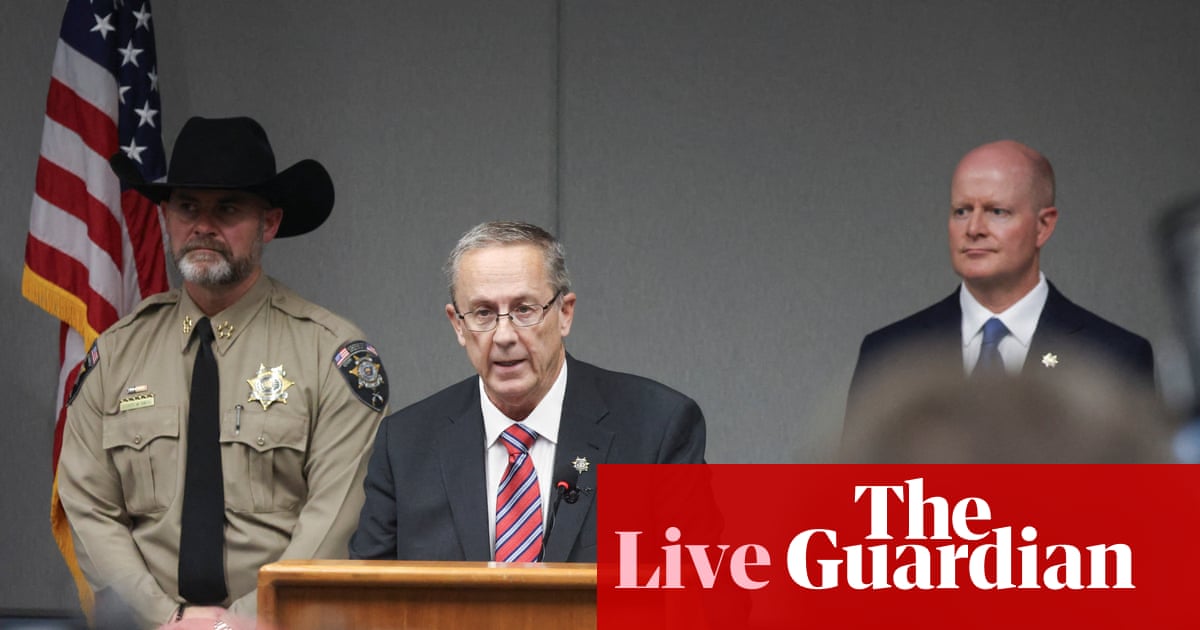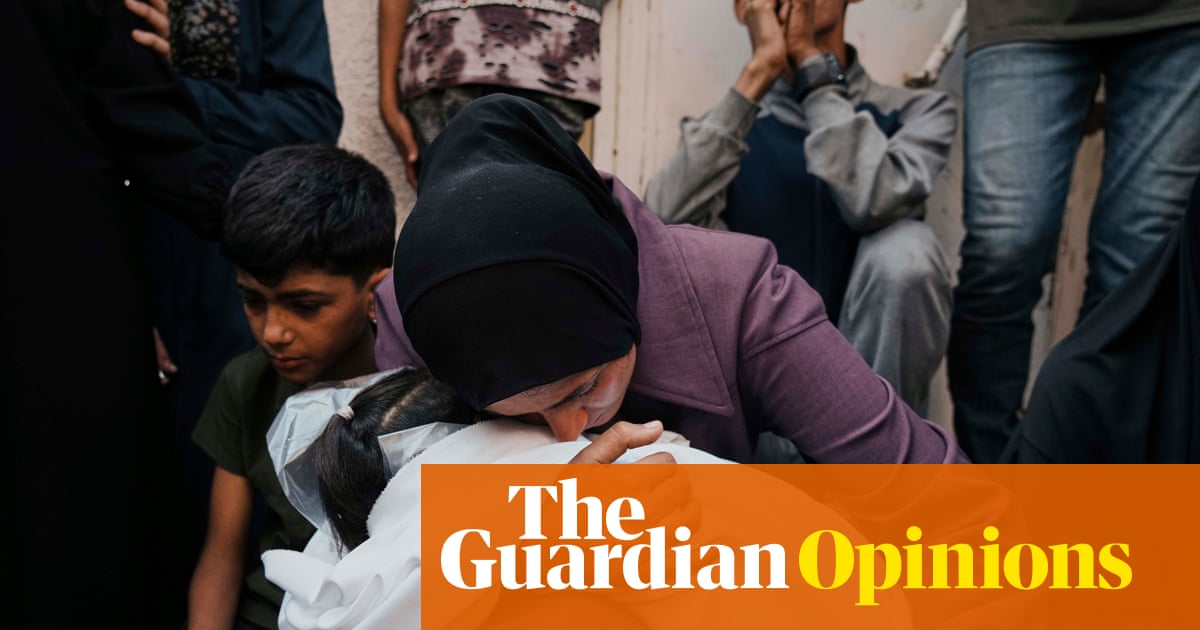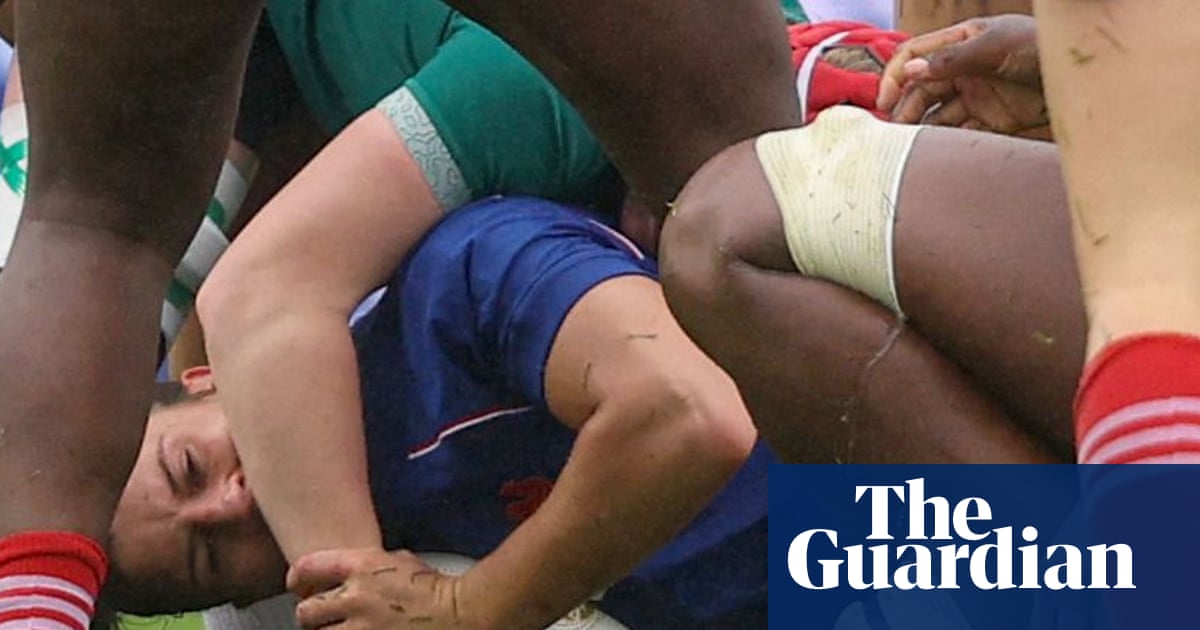Millions of women in their thirties could be offered breast cancer checks on the NHS after a world-first trial identified those with a higher risk of developing the disease.
Currently, women are only eligible for breast screening from the age of 50. But about 10,000 women under 50 are diagnosed with breast cancer in the UK each year, including 2,400 in their thirties. Breast cancer is the leading cause of death in women aged 35 to 50.
Now doctors leading a major study named in memory of the singer Sarah Harding say all women should undergo a comprehensive risk assessment when they turn 30.
Harding, who was part of the pop group Girls Aloud, died from the disease aged 39 in 2021 and one of her final wishes was to find new ways of spotting breast cancer early, when it is more treatable.
The Breast Cancer Risk Assessment in Young Women (Bcan-Ray) project, run by the Christie hospital in Manchester where Harding was treated, is the first of its kind in the world to identify which younger women are at increased risk of the disease.
Early results from the study show that about one in five women aged between 30 and 39 years old have been identified at increased risk. They are being given information on steps they can take to reduce their odds of developing the disease.
They will also be offered yearly check-ups until they reach the age when they are eligible for NHS breast cancer screening at the age of 50.
In a statement, Girls Aloud – Cheryl Tweedy, Nadine Coyle, Nicola Roberts and Kimberley Walsh – said Harding would be “thrilled” by the early results from the Bcan-Ray study.
“To hear that women who had no idea they could be at risk of breast cancer are being identified and able to take preventative measures is astounding.
“This study in Sarah’s name has the potential to be lifesaving and we are hopeful the results will be rolled out across the UK allowing doctors to predict and prevent breast cancer for many women. Sarah was an amazing woman and we couldn’t be more proud of the legacy she has left.”
The study, funded by the Christie Charity’s Sarah Harding Breast Cancer Appeal, began in May 2023 and has recruited 719 women from the Greater Manchester and Cheshire area aged 30 to 39.
Women who take part are asked to complete a questionnaire, have a risk assessment mammogram and provide a saliva sample for genetic testing.
Information from the mammogram and the genetic test are then combined with other factors such as when a woman’s periods started, alcohol consumption and use of the contraceptive pill, to provide a personalised breast cancer risk score.
To date, researchers have calculated a risk score for 548, with 104 found to be at “increased risk”.
Those at increased risk have consultations to discuss the implication of their increase in risk, including strategies to reduce risk through exercise, diet and medication advice. Early breast screening is offered when the risk hits a certain level, which is at different ages for each woman.
The trial is being expanded to other hospitals across the UK as senior NHS officials develop a national cancer plan, which will aim to improve diagnosis and treatment.
The study is being led by Dr Sacha Howell, who was Harding’s consultant when she was being treated at the Christie. On Saturday, he will chair a panel on prevention, risk reduction and genetics at the world’s largest cancer conference, the American Society of Clinical Oncology’s annual meeting, in Chicago.
Speaking before the discussion, Howell said all women should undergo “comprehensive risk assessment” from the age of 30. This would mean DNA tests and health questionnaires as a minimum, with annual mammograms for some.
“Breast cancer is the most common cause of death in women aged 35 to 50 in this country and about two-thirds of women who develop breast cancer don’t have a family history of it.”
He added: “What we want to do is to try and identify women at increased risk so that we can start screening early and reduce the chances of these women dying.”
The definition of “higher risk” means a 3% chance of developing breast cancer in the next 10 years. This is the average risk for a woman aged 50 and over, which is why mammograms are offered routinely then.
The Christie project is one of the world’s first research programmes to identify breast cancer risks in younger women without a family history of the disease – mirroring Harding’s own experience. Howell said the singer had spoken to him many times about “wanting to leave a legacy for future women”.
Final results are expected o be published next year and fed into the UK national screening committee, after which trials may be rolled out more widely to determine whether all women in their thirties should be offered risk screening.
“I would like all women over 30 to have a breast cancer risk assessment,” Howell said. “That doesn’t have to be a mammogram, probably the most powerful part of this is the DNA analysis.”
Prof Peter Johnson, the NHS national clinical director for cancer, said: “We are working closely with government on a national cancer plan to ensure the NHS continues to deliver progress in diagnosing more cancers earlier and saving lives, and this research provides valuable information about the potential for more personalised approaches to screening.
“If women are worried about any symptoms, whatever their age, or if they notice a change in their bodies or something that’s unusual for them, then I would encourage them to contact their GP.”

 3 months ago
143
3 months ago
143

















































